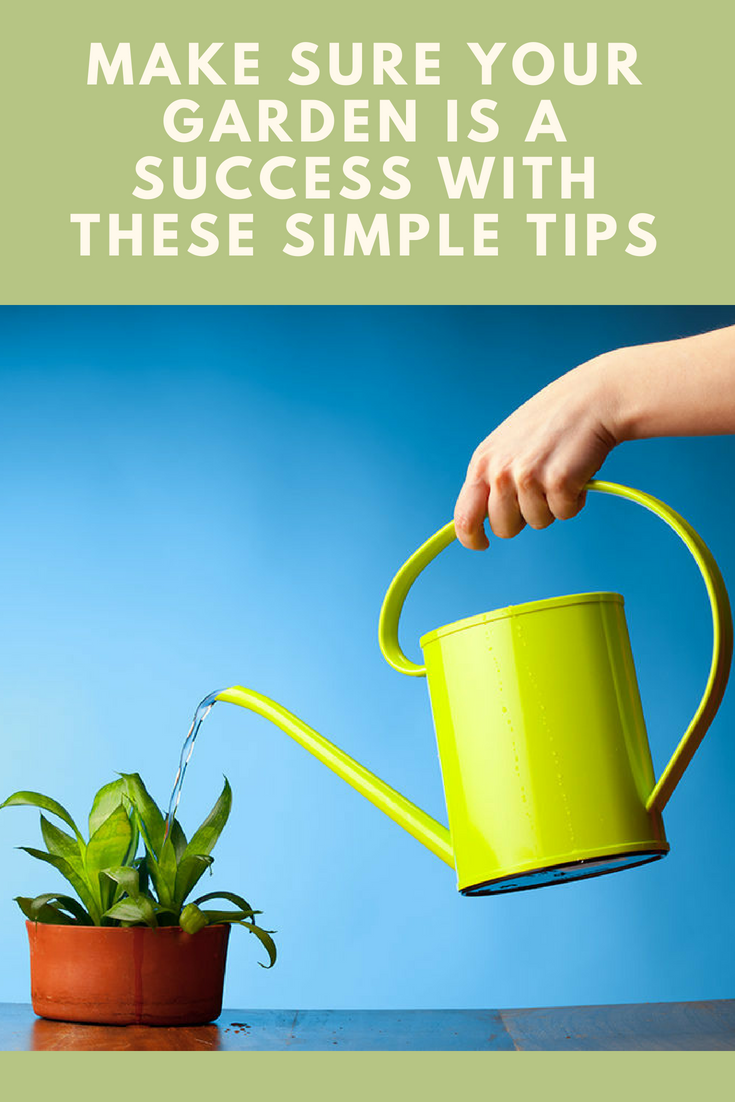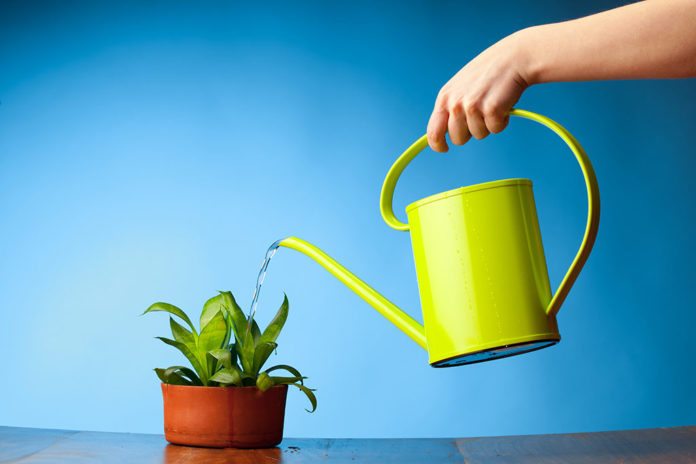If you have plants, flowers or even a garden at home, you know that maintaining it is not always easy. Indeed, it’s not everyone that has a green thumb! Of course, whether or not you are an expert with plants, you must make sure that your plants have the right amount of light and water if you want them to last. Learn some tips to keep your plants beautiful and healthy all year round.
1. Observe your plants
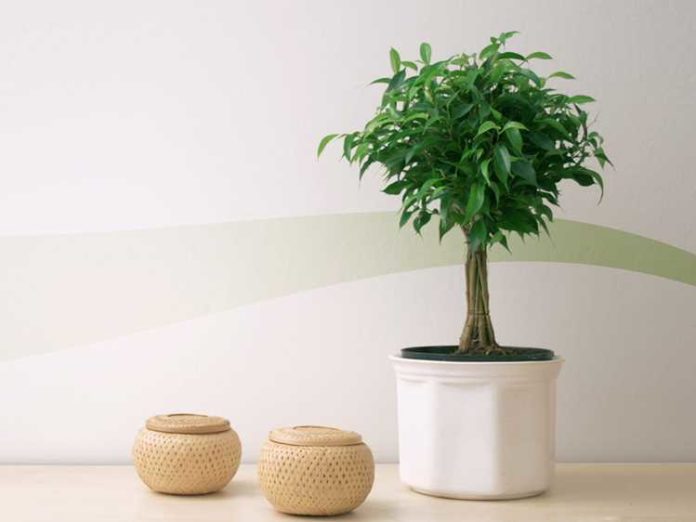
Take the time to look at your plants. You can then determine their water needs.
- If the leaves are small, prickly, shiny, fleshy or waxy, they don’t need much water.
- If the leaves are thin, soft or large, it is because they consume a lot of water.
2. Seeds on toilet paper
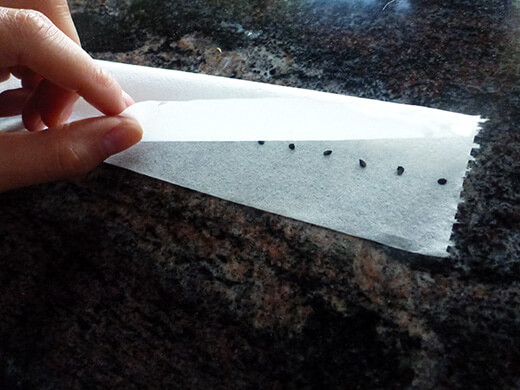
If you want a quick and inexpensive way to make your own seed strip, just use toilet paper, water and flour. Make a dough with the flour and water (1 part flour to 3 parts water) and gently place it on the toilet paper. Then place the seeds on the dough and place the seed strip in your garden beds. Easy, cheap and efficient!
3. Use what you have on hand!

You can install your plants on an old shelf, or plant them in an old pipe, or put them on a wooden box: all means are good to save a few cents!
4. Frost protection
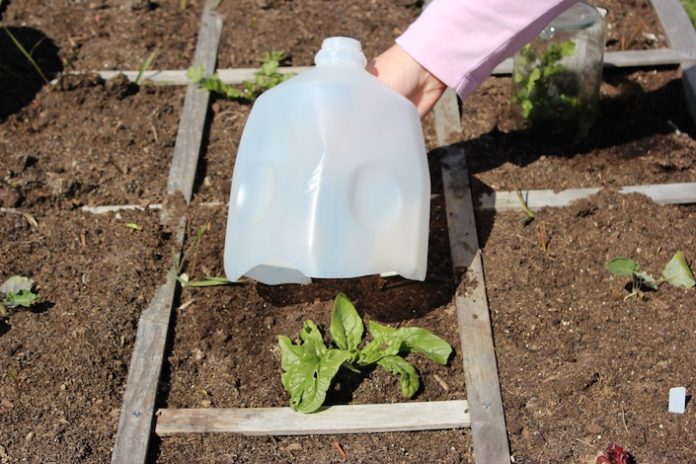
The cold and night frosts can kill your plants in the blink of an eye. Fortunately, a milk jug can save your plants. All you need to do is cut the bottom of a milk jug and place it on your more fragile plants. Plastic will help regulate the plant’s temperature.
5. Choose the right water
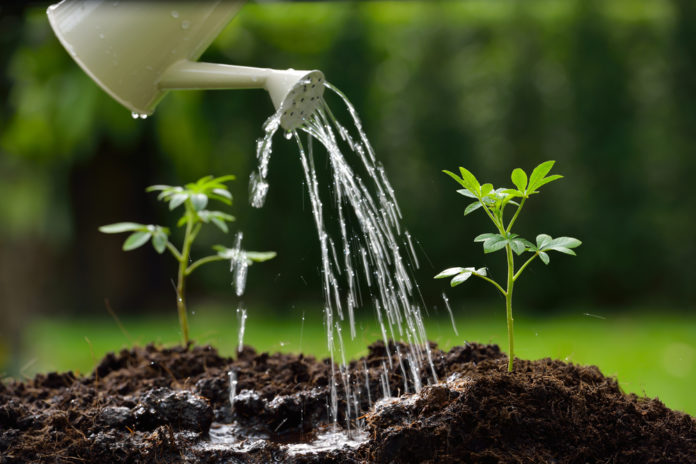
Plants like rainwater better than tap water. Indeed, it is low in limestone and it’s at room temperature. You can collect your rainwater and add, from time to time, a piece of wood charcoal or activated charcoal. You can also use flat mineral water and potato and egg cooking water (when cold and unsalted).
Also, get into the habit of watering your flowers, vegetable garden and hedges before 9:30 a.m. The leaves will dry more quickly. The faster they dry, the less risk there is of them developing fungi.
6. A shoe organizer for your plants
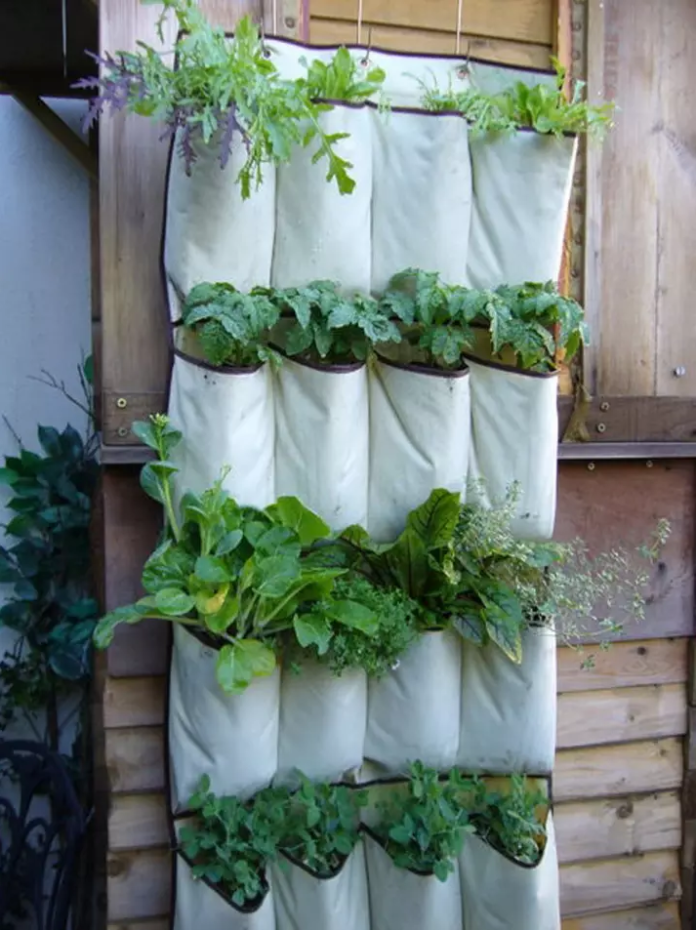
It’s important to know that this contraption needs a lot of soil. It’s also not every kind of plant that is suitable for hanging baskets (or shoe organizers, in this case). You can plant fuchsias. You can always ask a gardener which plants are suitable for this type of structure.
7. Fresh basil
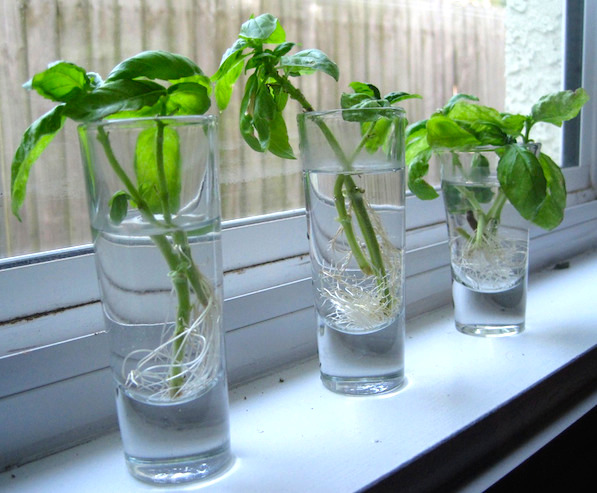
If you want to grow your own herbs, there is no reason to buy them already potted. All you need to do is buy fresh basil and soak the stems in water. You will start to notice that thin translucent roots begin to develop after a few weeks, which means they are ready to be planted.
8. Shower your plants
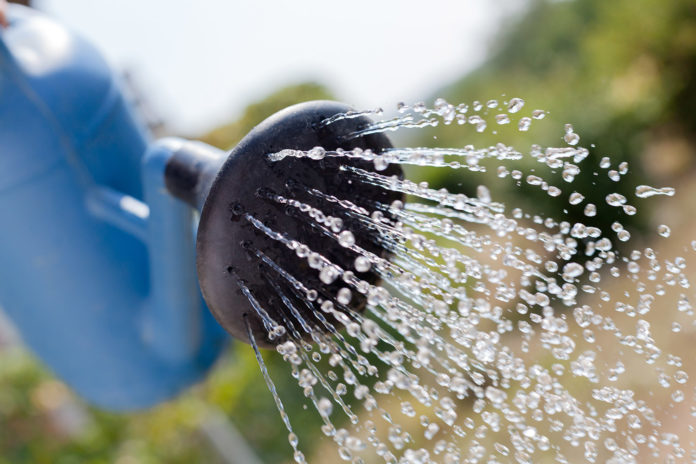
Twice a year, give your plants a shower, especially cacti and large-leaved plants. Put them outside in the rain or give them a good shower with your watering can. Avoid giving them water with limestone.
9. Biodegradable gardening
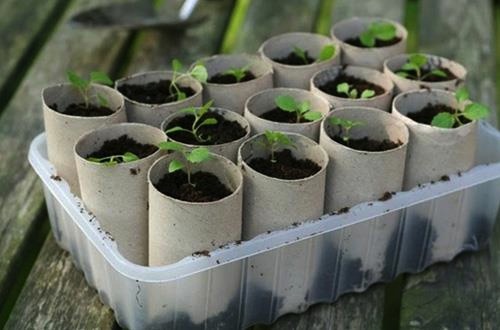
This tip is a great way to reuse your toilet paper rolls and allows you to make small biodegradable planters for your seedlings. You can even plant the seedlings, in the planters, directly into your garden since they will decompose over time.
10. Line up terracotta pots

It’s easier to line up pots horizontally than vertically. Moreover, you will have less difficulty finding your pots and your plants will grow more easily.
11. Make an irrigation system for your plants
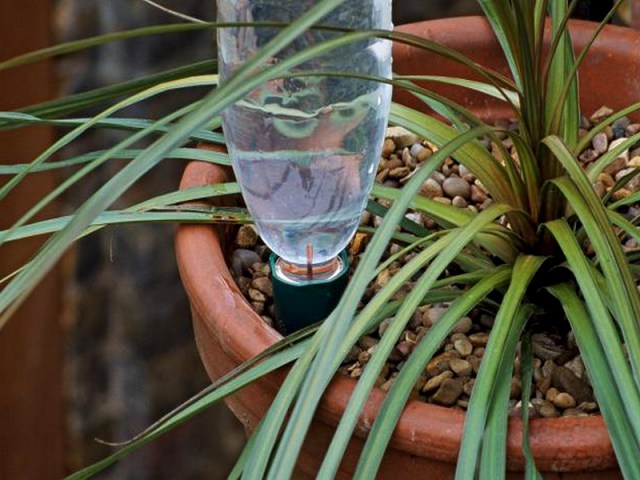
Make an affordable irrigation system using a plastic bottle. To get this done, you need to:
- Cut the end and put the neck of the bottle in the ground.
- Fill it with water.
12. Preventing soil pests
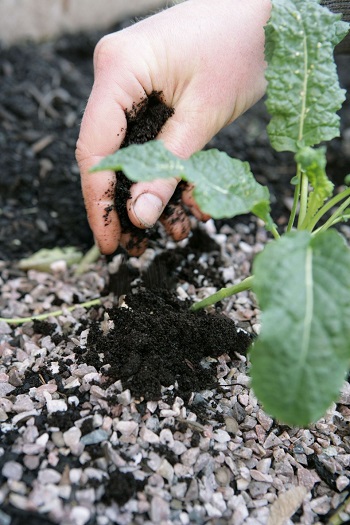
Did you know that you can use coffee beans to prevent pests from storming into your garden? Simply sprinkle some on the ground and you will never have to worry about aphids destroying your tomato plants. Coffee also helps to enrich the soil, so it is a win-win situation.
13. Create a vertical space by stacking plants on a ladder

You can use any type of ladder. If you do not have a ladder at your disposal, opt for a small bench whose colours match those of your decoration. And above all, don’t hesitate to have as many plants as you wish!
14. Check your watering
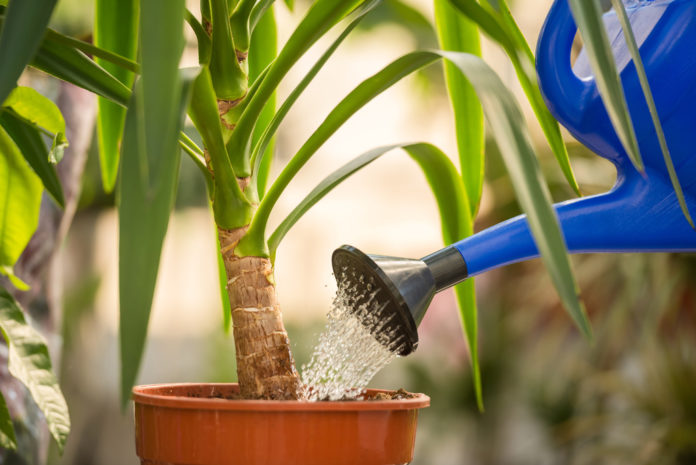
It is important to check the watering of your plants. Water younger plants closer to the roots. If you forget to water them, water the first time and repeat 30 minutes later. Look at the surface of the soil. If the soil is dry to a depth of 3 cm, water for 60 minutes. If it is dry to a depth of 5 cm, water it for 90 minutes.
15. Cultivate your soil
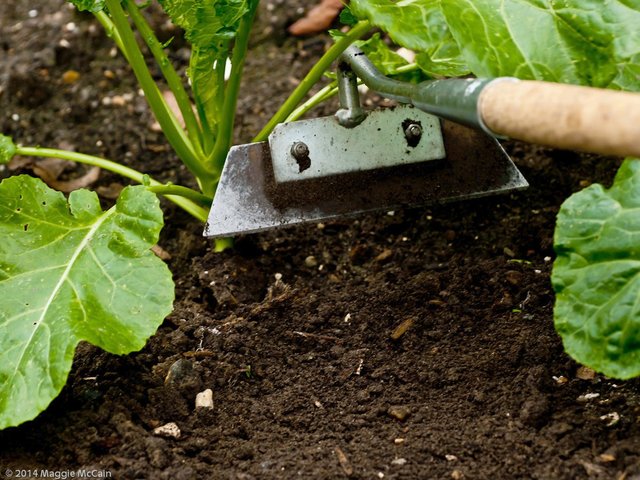
Help water penetrate into your soil by hoeing regularly. After a rainfall, only hoe on the surface.
16. Get rid of stubborn weeds with white wine vinegar
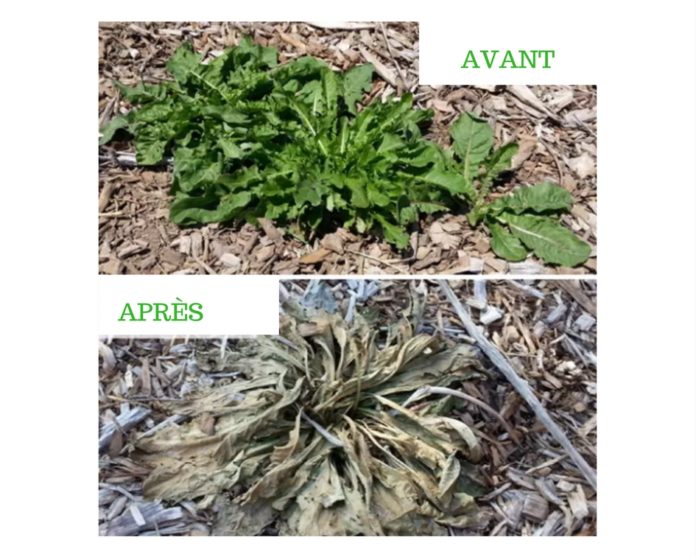
You can try this technique (but avoid splashing the vinegar on your shoes) or pour boiling water over the weeds.
17. Water according to your plants
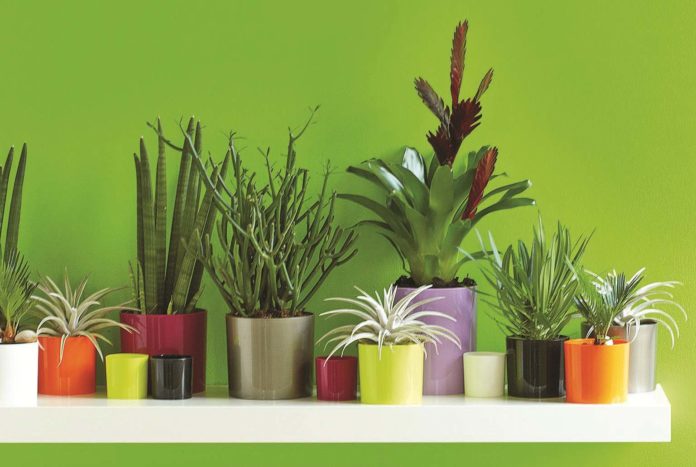
Some plants may require a different kind of watering. Cactus and citrus fruits, for example, like watering by immersion while trees need watering at the rootlets. Find out what watering should be prioritized according to the type of plant you have.
18. Mix your leftover vegetables and fruits to create your own compost

To create your own compost, mix banana peels, apple hearts, leftover coffee with a little water in your blender. You’ll have great compost to feed your plants!


![[Photos] Why WD-40 Is Magic In Your Garden?](https://lifetonik.com/wp-content/uploads/sites/7/2019/08/WD40-Prices-Highres_Page_8_Image_0008-218x150.jpg)





![[Photos] Take A Look Of The Obama’s New Home Before It’s Banned](https://lifetonik.com/wp-content/uploads/sites/7/2019/07/Obama1-218x150.jpg)

![[Slideshow] Celebrity Homes: 21 Of The Most Luxurious](https://lifetonik.com/wp-content/uploads/sites/7/2019/07/Taylor-Swift-218x150.jpg)
![[Slideshow] More Parents Are Now Gluing Pennies to the Bottom of their Kid’s Shoes](https://lifetonik.com/wp-content/uploads/sites/7/2019/07/Keep-Them-Entertained-218x150.jpeg)
![[Photos] 20 Fashion Mistakes That Too Many Women Make!](https://lifetonik.com/wp-content/uploads/sites/7/2019/07/5-style-mistakes-that-make-you-look-frumpy-featured-218x150.jpg)










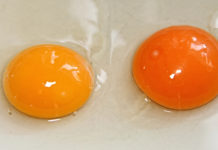








![[Gallery] 25 Discounts For Seniors To Which You Are Entitled Without Knowing It](https://lifetonik.com/wp-content/uploads/sites/7/2019/08/EAZxECUXUAAvNZR-218x150.jpg)
![[Slideshow] Here’s the salary of every governor in the United States](https://lifetonik.com/wp-content/uploads/sites/7/2019/08/Charlie-Baker-218x150.jpg)
![[Photos] No One Will Want To Buy This House After Seeing These Pictures](https://lifetonik.com/wp-content/uploads/sites/7/2019/08/terrible-real-estate-photos-2-5c35e727c9f95__700-218x150.jpg)

